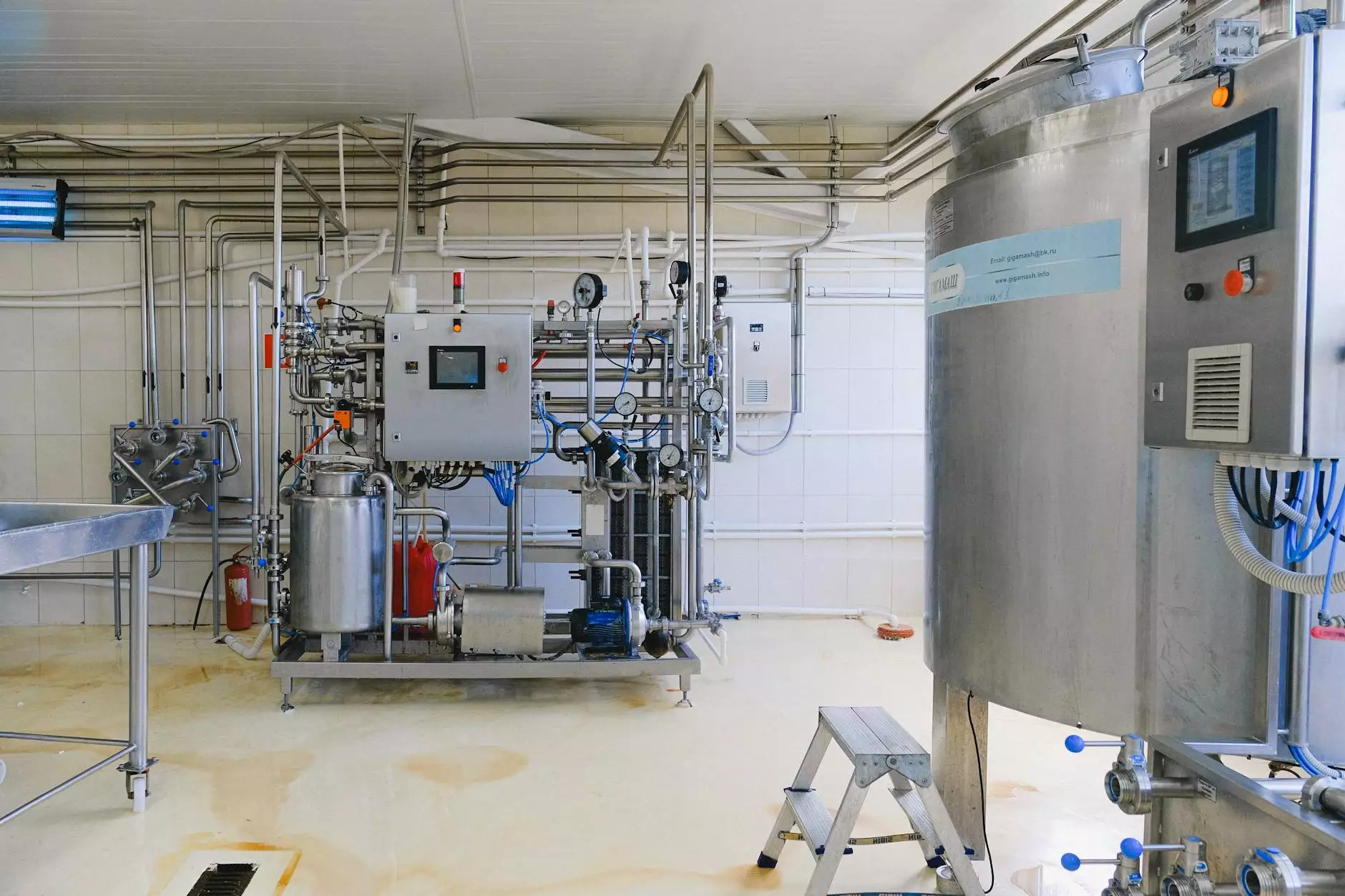Understanding **Automotive Parts Manufacturers**: The Backbone of the Auto Industry

The automotive parts manufacturing industry is a fundamental pillar of the global economy, playing a crucial role in the production and supply of components that keep vehicles running smoothly. As the demand for vehicles continues to grow, so does the necessity for high-quality, reliable parts. This article delves into the intricacies of the automotive parts manufacturing sector, highlighting its significance, challenges, innovations, and the future trends that shape this dynamic industry.
The Role of Automotive Parts Manufacturers
Automotive parts manufacturers produce a wide range of components essential for vehicle assembly and maintenance. Their products include:
- Engine Components: Parts like pistons, crankshafts, and camshafts that ensure the efficient performance of the vehicle's engine.
- Transmission Parts: Components that facilitate gear shifting and power distribution, such as gears, clutches, and flywheels.
- Suspension Systems: Parts like shock absorbers and struts that contribute to vehicle stability and comfort.
- Brake Systems: Critical components including brake pads, discs, and calipers that ensure safety and performance.
- Electrical Systems: Parts like batteries, alternators, and wiring harnesses that power and control various vehicle functionalities.
Importance of Quality in Automotive Parts Manufacturing
In the automotive parts manufacturing sector, quality is not just a standard; it is a necessity. High-quality parts lead to:
- Improved Safety: Faulty components can lead to accidents. Manufacturers must adhere to strict safety standards.
- Enhanced Performance: Quality parts improve the overall efficiency and durability of vehicles.
- Lower Maintenance Costs: Reliable parts reduce the frequency of repairs and replacements, benefiting consumers and businesses alike.
Challenges Faced by Automotive Parts Manufacturers
While the automotive parts manufacturers industry is thriving, it faces several challenges, such as:
1. Global Supply Chain Disruptions
The COVID-19 pandemic significantly disrupted supply chains worldwide. Manufacturers had to adapt to shortages of raw materials and components, affecting production schedules.
2. Technological Advancements
As technology evolves, so does the demand for innovative parts. Manufacturers must continually invest in research and development to keep pace with trends such as electric vehicles (EVs) and autonomous driving technologies.
3. Environmental Regulations
Stringent environmental regulations require manufacturers to develop sustainable practices. This includes reducing waste, employing eco-friendly materials, and enhancing energy efficiency in production processes.
Innovations in Automotive Parts Manufacturing
Innovation is at the forefront of the automotive parts manufacturers industry. Key trends include:
1. 3D Printing Technology
3D printing allows for rapid prototyping and production of complex parts that traditionally required extensive tooling. This reduces costs and enhances customization.
2. Advanced Materials
The use of lightweight and durable materials, such as carbon fiber and advanced composites, is increasing. These materials improve fuel efficiency and performance.
3. Automation and Robotics
Many manufacturers are adopting automation to improve efficiency and precision in production. Robotics assist in tasks ranging from assembly to quality control.
The Future of Automotive Parts Manufacturing
The future of the automotive parts manufacturers industry is promising, with several trends shaping its trajectory:
1. Electrification of Vehicles
As the automotive industry shifts towards electric vehicles, manufacturers are tasked with developing components tailored for EVs, including batteries and electric motors.
2. Sustainable Manufacturing Practices
There is a growing emphasis on sustainability. Companies are exploring methods such as recycling materials and reducing carbon emissions in their manufacturing processes.
3. Connectivity and Smart Technology
With the rise of connected vehicles, manufacturers will need to incorporate advanced electronics and software into their parts to facilitate communication between vehicles and the internet.
Partnering with Automotive Parts Manufacturers
For businesses involved in the automotive sector, partnering with reliable automotive parts manufacturers can lead to numerous benefits:
- Access to High-Quality Components: Partnering with established manufacturers ensures access to certified, high-quality parts that meet industry standards.
- Enhanced Production Efficiency: Reliable suppliers can streamline the supply chain, ensuring on-time delivery and reducing downtime.
- Collaboration on Innovation: Working closely with manufacturers may foster collaboration on new product development, aligning with industry trends and consumer needs.
Conclusion
The automotive parts manufacturers industry plays a pivotal role in the overall health of the automotive sector. As the industry adapts to changing consumer preferences and technological advancements, manufacturers will continue to innovate and improve their processes. By focusing on quality, sustainability, and innovation, automotive parts manufacturers can ensure they meet the demands of the future.
For more insights and high-quality automotive parts, visit imautoparts.com, your reliable partner in the automotive supply chain.









